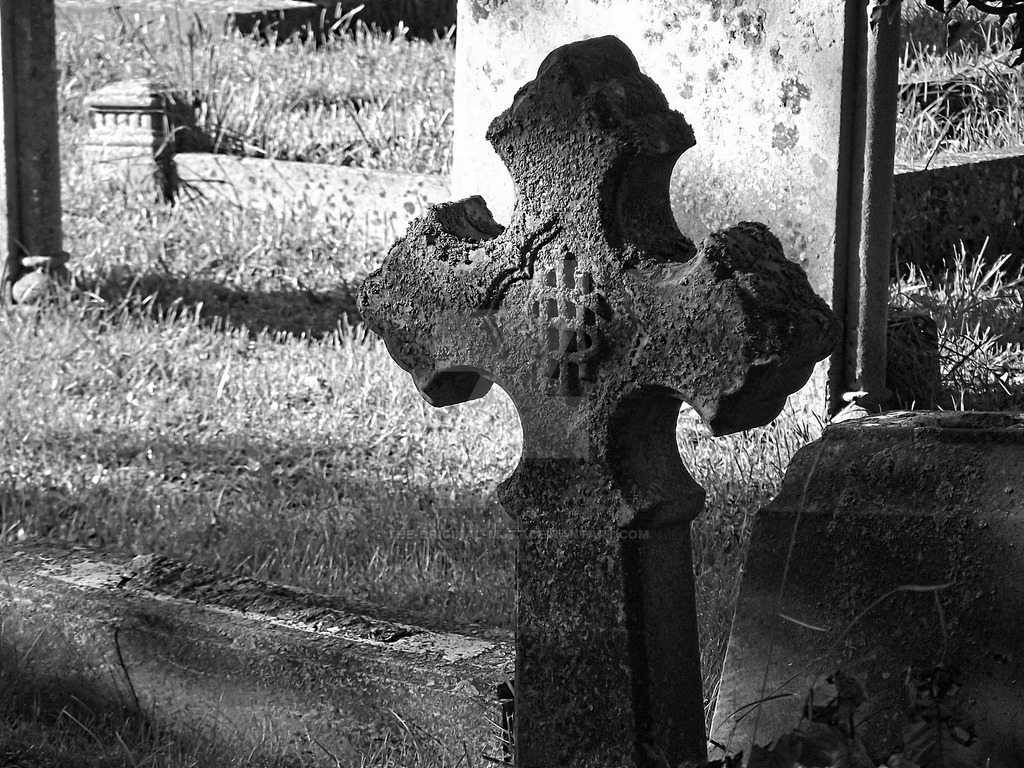When it comes to running a business, a vast majority of people tend to focus on the moment and the relatively short-term foreseeable future. Those who see well beyond that are often considered entrepreneurial visionaries, but what about those whose sight is fixed on a point in time when they’ll be nothing more than dust in the wind? Many businessmen underestimate the potentially complex implications that their death is likely to have on the business they’ve built over the years, or even decades. It might be a depressing subject, but every rational entrepreneur will want to protect their legacy and ensure all their affairs are in order when the inevitable comes.
Sole Proprietor (sole trader)
If you’ve been running your business as a sole trader, there are several models you can consider when handling the future of your soon-to-be-redistributed assets. A sole trader can always choose the convenient option of simply passing on the business to another party (person or enterprise) through the power of a legal will. The business itself will continue to exist, albeit with a different person becoming legally responsible for its operations.
Another option is to arrange for your business assets to become the subject of a gift, which you will then dedicate to a person of your choosing through your will. This method allows you to bypass the often heavy Inheritance Tax, but only if your assets are eligible for Business Property Relief.
Partnership
Business partnerships can last for decades, with all parties enjoying a productive, successful business relationship. However, if one of the partners dies, the issue of his share in the partnership becomes a pressing matter. Most written and legally documented partnership agreements do have certain provisions in case of a partner’s death. For instance, if there are two partners and one passes away, leaving the share to the other, the partnership as such ceases to exist. In case there are more than two partners, the structure can continue to operate, but in a modified composition.
Moreover, if two business partners have joint ownership of a property or asset (joint tenancy) and one of them dies, the other one automatically receives the deceased’s share in that particular property.
Family Implications
The impact of one’s death is felt the strongest in that person’s innermost circle, which is the family. In cases of family businesses, especially ones where an entire household is engaged in the same organization, the death of the company’s legal owner can indubitably lead to turmoil on a professional and personal plane alike. Creating a will can certainly help in terms of clarity and transparency, and is still the preferred way of handling such situations. Don’t hesitate to consult an expert to help you compose your will.
If the owner refrains from making a will, the assets will pass in accordance with the “rules of intestacy”. In many cases, this means the asset redistribution could ultimately be concluded in a way which was not what the previous owner had in mind.
Another possibility is that the company could dissolve upon its owner’s death, if the will so mandates. This could create an unnecessarily cumbersome situation where the business’ assets are to be sold off and the redistribution of obtained cash causes potentially lengthy legal processes.
What About Tax?
Business Property Relief can apply to certain aspects of a business, mitigating one’s Inheritance Tax. Also, it is indeed quite common to have people leave their assets to their surviving marital partner, which also allows forInheritance Tax exemption. Another option is to transfer business operations into a trust in case of one’s death, since the trust provides long-term benefits for the surviving spouse. However, keep in mind that this trust fund’s underlying value wouldn’t be included in the assets of the spouse’s own estate in case of their death.
Conclusion
Having a clear plan for one’s end of the ride is always a good idea, and it holds special relevance when it comes to business. Throughout the years, a business can accumulate significant wealth and assets, whose rational, timely and fair redistribution in case of their owner’s departure can benefit those still breathing. A will is always a good start.
